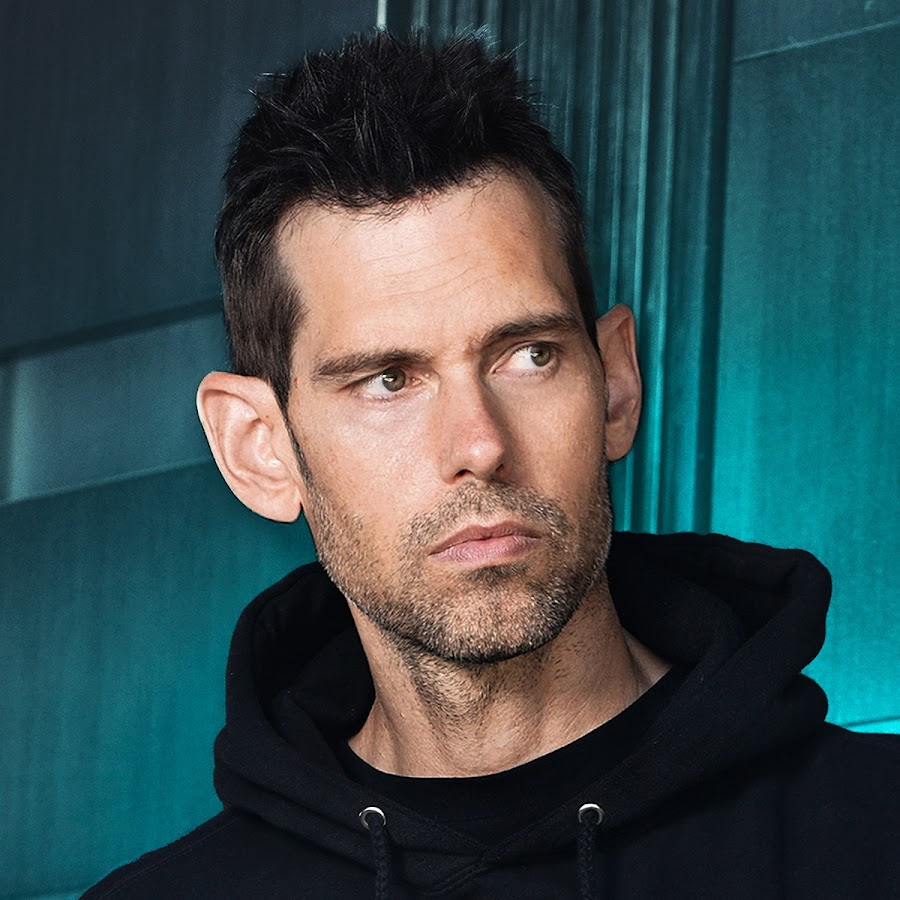Why the Elites Don’t Want You to Know This About GDP!
Tom Bilyeu | Impact Theory| Topics: Healthcare, Economics, Society, Demographics, Authoritarianism
Video’s main points
The discussion explores the disparity in healthcare spending between the U.S. and France, the implications of rising GDP on perceived quality of life, the natural and ideological factors contributing to current societal issues, and compares the responses of Western and Eastern societies to demographic crises. Themes include the balance of compassion versus personal responsibility, the potential risks of authoritarian measures, and the need for decentralized power and community-building in response to ongoing social challenges.
Understanding Healthcare Disparities
The United States spends considerably more on healthcare per person than countries like France, yet experiences poorer outcomes in various aspects. This reflects a significant inefficiency in how healthcare is managed in the U.S. The political landscape often overlooks these discrepancies because higher spending contributes to inflated GDP figures. This situation leads to a perception that the economy is thriving, even when the quality of life for ordinary citizens may be on the decline.
The Link Between GDP and Perception of Quality of Life
As the discussion highlights, GDP growth does not always correlate with improved living standards. In many cases, it is driven by inflation rather than actual economic enhancement. Individuals who reflect on past decades may notice a deterioration in living conditions, despite climbing GDP numbers. This “tunnel vision” regarding GDP fails to take into account the quality of life and how rapidly conditions change over time.
Natural Cycles vs. Ideological Failures
The conversation raises an intriguing question: how much of today’s state of affairs is due to inevitable biological cycles, and how much can be attributed to flawed ideologies? While acknowledging the impact of natural cycles on societal development, the compounding effect of poor decision-making and bad ideologies is evident. This represents a dual problem where economic factors intertwine with ideological failures to create complex societal issues.
Comparing Responses between Societies
Countries respond differently to similar challenges, as demonstrated by the contrasting approaches of China and the U.S. to demographic issues. In the U.S., there’s a trend where societal freedoms are increasingly challenged due to ideological divisions along political lines. Conversely, China’s government employs a more authoritarian approach. China’s measures, like restricting video game usage and regulating women’s clothing, highlight an extreme reaction to cultural shifts. This raises concerns about how different governments balance individual freedoms and state control in their bid to manage societal behaviors.
The Implications of Authoritarian Measures
Under China’s strict regulations, the government aims to encourage marriage and traditional values among men. However, forcing these new cultural norms may lead to a backlash where the youth rebel, similar to how measures enforced by the ideological left in the West can create resentment. This reflects a fundamental principle: when authorities impose rules that disregard personal choice, it can often have the opposite of the intended effect. Societies need to consider the importance of individual agency in fostering genuine cultural change.
Historical Patterns of Crisis
Looking back at history, it becomes apparent that significant societal crises often manifest simultaneously across different regions. The recurrent pattern of rulers responding to crises by tightening controls has led to decreased creativity and flexibility in several civilizations. This trend raises the question of how modern societies will navigate current crises without repeating the mistakes of the past, particularly as we face challenges like a declining birth rate and rising inequality.
A Path Forward: Integrating Values and Building Community
In contemplating solutions for modern societies, it is essential to consider how traditional values can harmonize with contemporary scientific understanding. To avert a potential decline into a ‘mouse utopia’—an inescapable cycle of entrapment—communities should foster environments that prioritize connection and shared values over isolation. One key recommendation is to establish support systems that combat loneliness and create bonds that stimulate personal responsibility and mutual accountability.
Guard Rails Against Extremism and Nihilism
Another significant aspect discussed is the establishment of firm personal rules or ‘guardrails’ to prevent descent into extremism or nihilism. Societal rules against dehumanization or harmful ideologies help maintain a collective sanity that fosters positive development. This reflects a broader need for communities to structure moral standards to encourage open dialogues while rejecting divisive narratives. Engaging people in discussions about their core values can create a cultural fabric resistant to ideological radicalization.
Decentralization as a Solution
To confront the growing risks of authoritarianism, especially with the rise of surveillance and manipulation technologies, promoting decentralization is critical. Power must be distributed in such a way that prevents any single entity from having excessive control. This approach helps safeguard against potential abuses of technology that could harm personal freedoms. Societies should advocate for regulatory frameworks that protect individual rights while fostering innovation and creativity.
Concluding Thoughts on Crisis Management
Ultimately, the challenges faced today require a multi-faceted response that includes both philosophical reflection and practical strategies. It is vital that societies develop the necessary tools to address crises thoughtfully and constructively. By integrating traditional systems of moral understanding with modern innovations, fostering community engagement, preventing nihilism, and decentralizing governance, we can work towards a future that embraces both progress and humanity’s best values. The way forward lies not only in addressing the crises at hand but also in building a robust framework that ensures resilience against future challenges.

